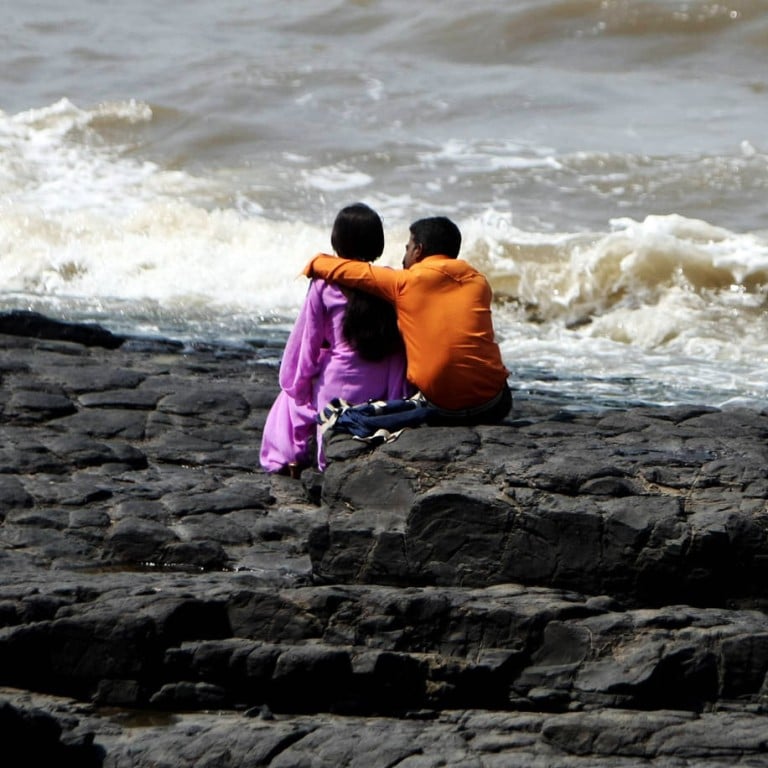
India’s age of consent criminalises ‘puppy love’, say defenders of teen sex
- India in 2012 raised the age of consent from 16 to 18 to protect youth from sexual exploitation but activists say it has criminalised young couples
- Despite the conservative nature of Indian society where premarital sex is frowned upon, statistics tell a different story
India’s age of consent has been at the centre of growing debate, with critics including local judges saying it unfairly punishes teenage relationships and has even been abused by parents.

Chief Justice Dhananjaya Yashwant Chandrachud on Sunday said it was time to change the situation that the country’s 253 million adolescents find themselves in if they wish to have sex – and yet not run foul of the law.
Speaking at a conference organised by the Indian Supreme Court and Unicef, he noted that High Court judges had expressed “growing concern” over the criminalisation of youthful sexual activity, as he urged MPs to consider amending the law.
“There is a growing concern surrounding this issue which must be considered by the legislature in view of reliable research by experts in adolescent health,” he said.
Indian society may not like it, but teenagers are sexually curious and active, and this goes for all classes, castes and faiths and across the urban-rural divide
New Delhi criminal lawyer Seema Misra said she was saddened over the cases of consensual teenage sex landing in India’s courts “every day”.
“Indian society may not like it, but teenagers are sexually curious and active, and this goes for all classes, castes and faiths and across the urban-rural divide,” she said.
Alarmed at seeing so many Posco cases involving “puppy love”, the director of the Tamil Nadu’s police force recently told his officers to avoid rushing to make such arrests to avoid charging a couple in a consensual sexual relationship.
From sex education to dance videos, India’s ‘granfluencers’ shake up Instagram
People who work with adolescents say the law is problematic on several counts. For one, despite the conservative nature of Indian society where premarital sex is frowned upon, the statistics tell a different story.
The National Family Health Survey of 2019-20 showed that 39 per cent of Indian women had had sex before turning 18.
Data from the National Crime Records Bureau showed that around half of the Posco cases since 2012 involved teenagers aged between 16 and 18.
A study across three Indian states by Unicef and the Enfold Proactive Health Trust found that one in four Posco cases between 2016 and 2020 turned out to be consensual, and for this reason, acquittals are common. The Vidhi Centre for Legal Policy found that Posco acquittals outnumbered convictions three to one.
While acquittals come as a relief, the trauma of having gone through a medical examination for girls, and the ordeal of arrest and trial for rape for boys, can linger.
Calls mount for ‘honour killings’ law in India after dad beheads daughter
Meanwhile, the law has also been open to abuse. Parents horrified at finding their daughters in romantic liaisons have been reported to use the law to break them up in a bid to save the family’s “honour”.
Even if the girl insists that she engaged in sex voluntarily, the law requires the police to arrest the boy. The couple’s only hope is that the judge would be discerning of the facts.
Judges have told Justice Chandrachud that the law should be amended so that young couples do not necessarily have to rely on a judge’s discretion.

